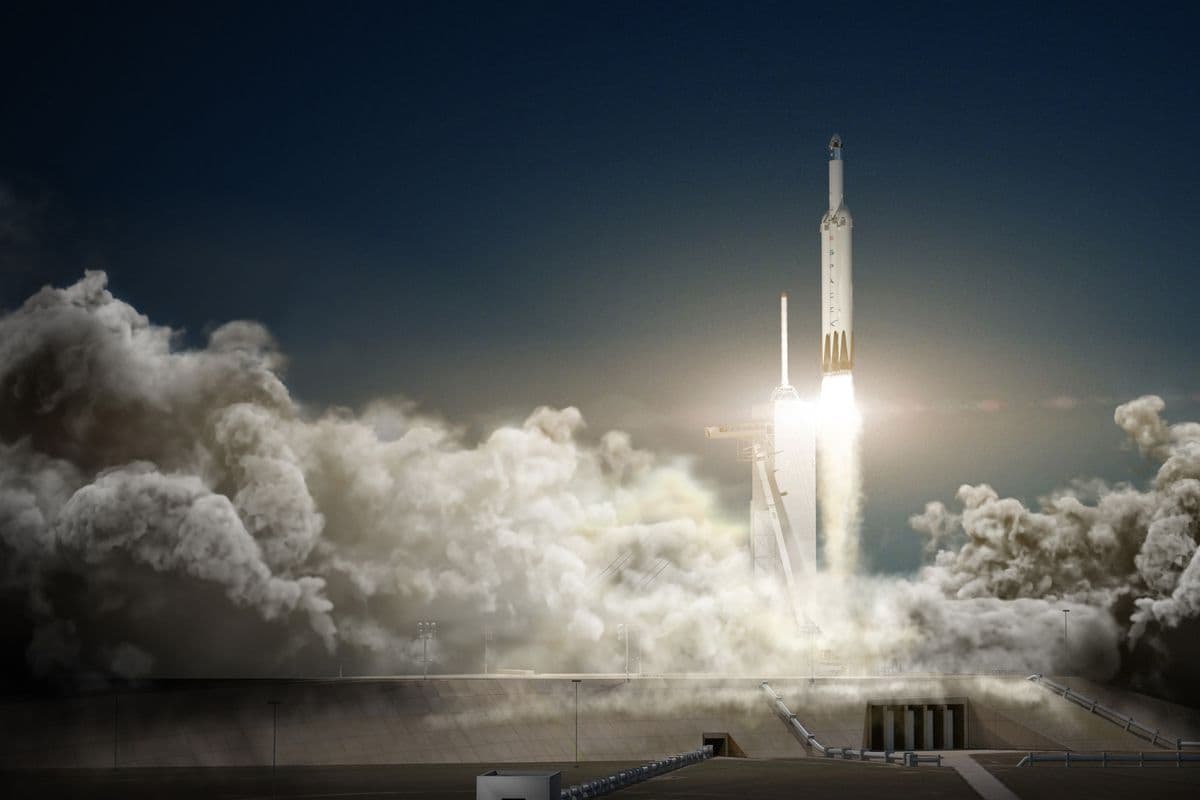Changing Plans?
Elon Musk's rocket company has already completed over 40 flights for its reusable Falcon 9 rockets, including a bunch of missions for the International Space Station (ISS) as part of a long-standing contract with NASA, as well as a mission for the U.S. Air Force with a highly secretive payload. Indeed, 2017 has been quite a year for SpaceX, and it isn't over yet.
SpaceX has scheduled the maiden launch of the Falcon Heavy rocket, supposedly the next big thing to come from Musk's rocket labs, for this November. Recent developments, however, seem to suggest that this highly-anticipated flight may be up for some delay because of launch pad issues.
SpaceX has been conducting its East Coast launches from the Kennedy Space Center in Florida, but they hope to return to their SLC-40 launch site in Cape Canaveral for the Falcon Heavy. SLC-40 is still undergoing repairs, after SpaceX's last Falcon 9 explosion over a year ago. An alternative launch site, the Kennedy Space Center's 39A, is being modified to accommodate the Falcon Heavy.
Yet two October SpaceX launches—the SES-11 and NEXT-3 missions, both launching NASA satellites—have already been moved forward due to launch pad availability. The NEXT-3 mission, however, would be launching from the SLC-4E pad at Vandenberg. The Falcon Heavy's launch date will be dependent on availability at 39A and SpaceX's speed at repairing the TEL (Transporter/Erector/Launcher) destroyed at SLC-40, as well as on the Falcon Heavy itself.
Expected to be Difficult
Musk has previously said that he expects the Falcon Heavy maiden launch to be quite a challenge; in fact, he's been rather unsure about a November flight. He said that he's not expecting it to "make it to orbit. I want to make sure to set expectations accordingly. I hope it makes it far enough away from the pad that it does not cause pad damage," Musk said previously.
Still, work on the Falcon Heavy has continued. There are still a number of things needed before SpaceX's largest rocket gets a go signal for a launch, such as rollout and fit checks, a so-called Wet Dress Rehearsal (WDR), and a Static Fire test on the 39A launch pad at Kennedy. There's no official word yet from SpaceX confirming a delay.
The Falcon Heavy test mission is considered a critical part of SpaceX's overall preparations for crewed flights. This, in turn, is important for the company's plan for Mars—which, incidentally, is due for an update from Musk this coming Friday. Of course, a schedule upset may be better than launching with a low success probability.
Still, this is SpaceX we're talking about. The company is no stranger to failures, which they've managed to turn into successes in the long run.
Share This Article
